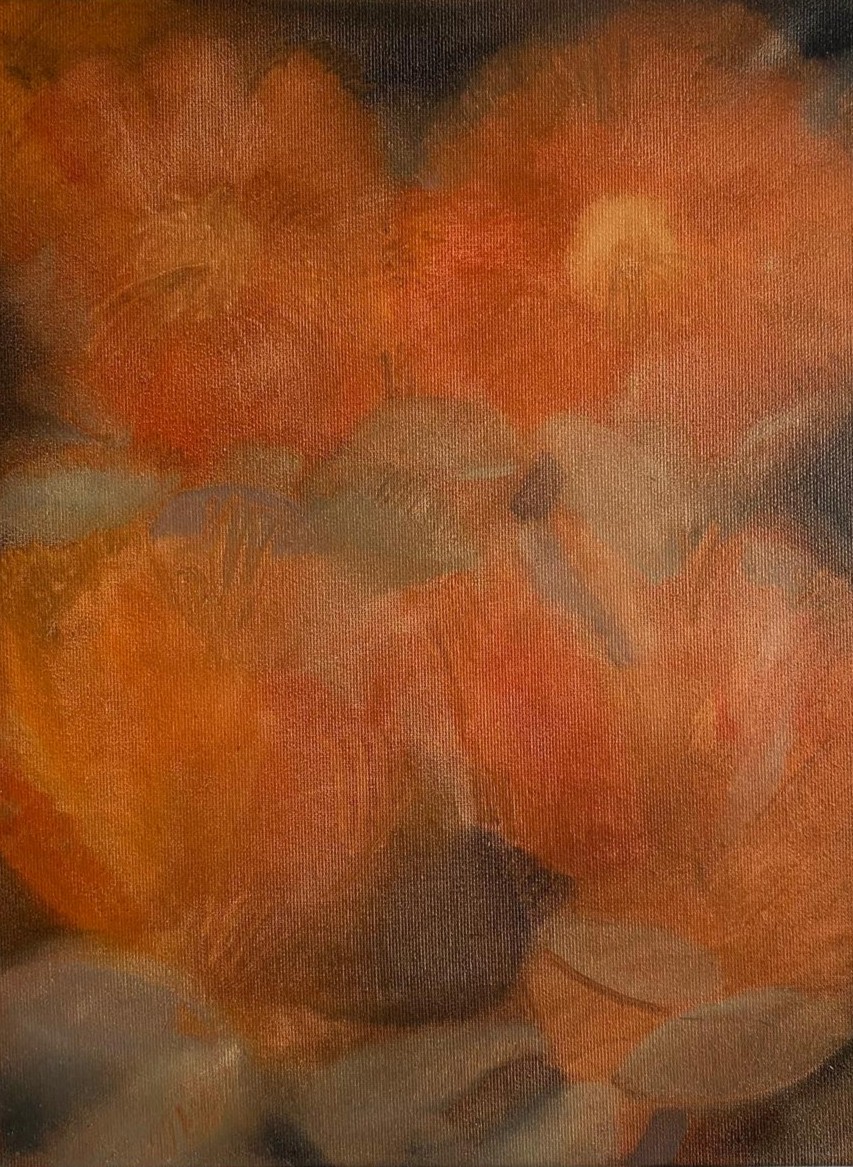
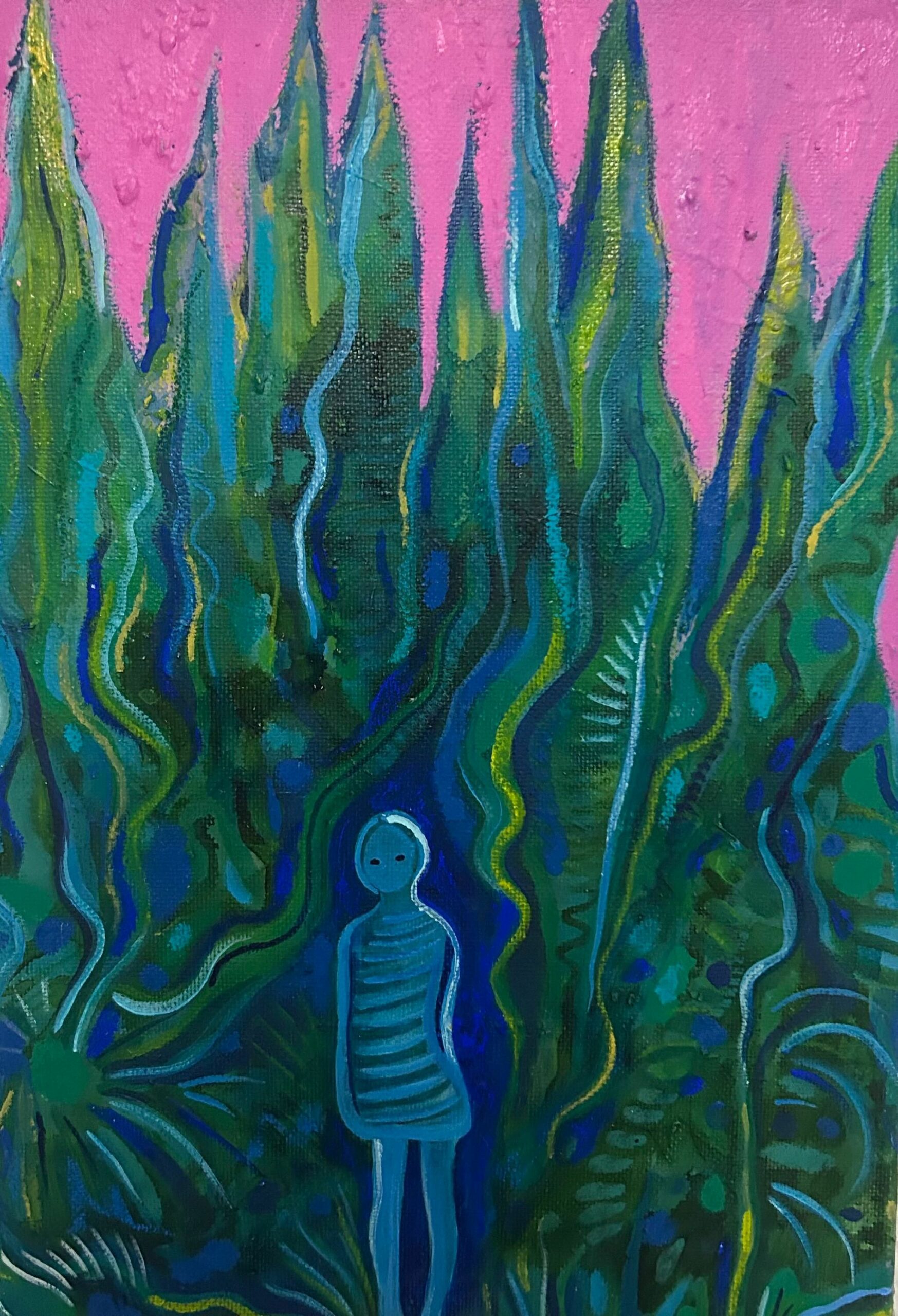
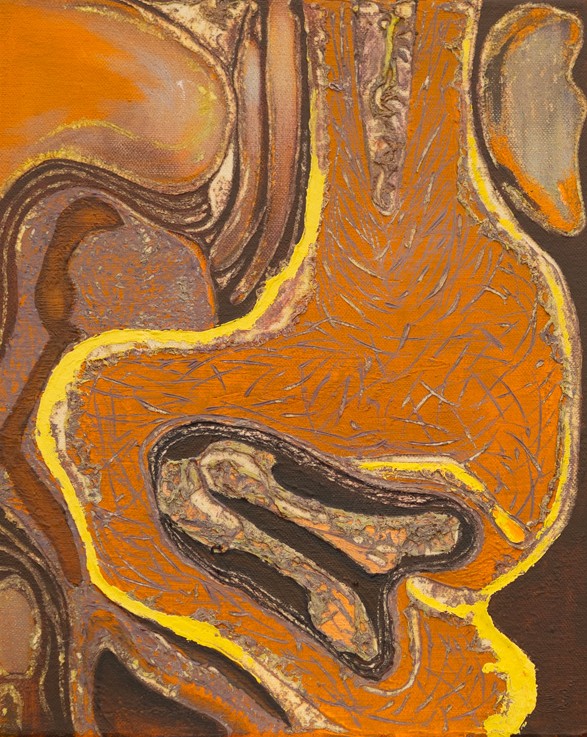
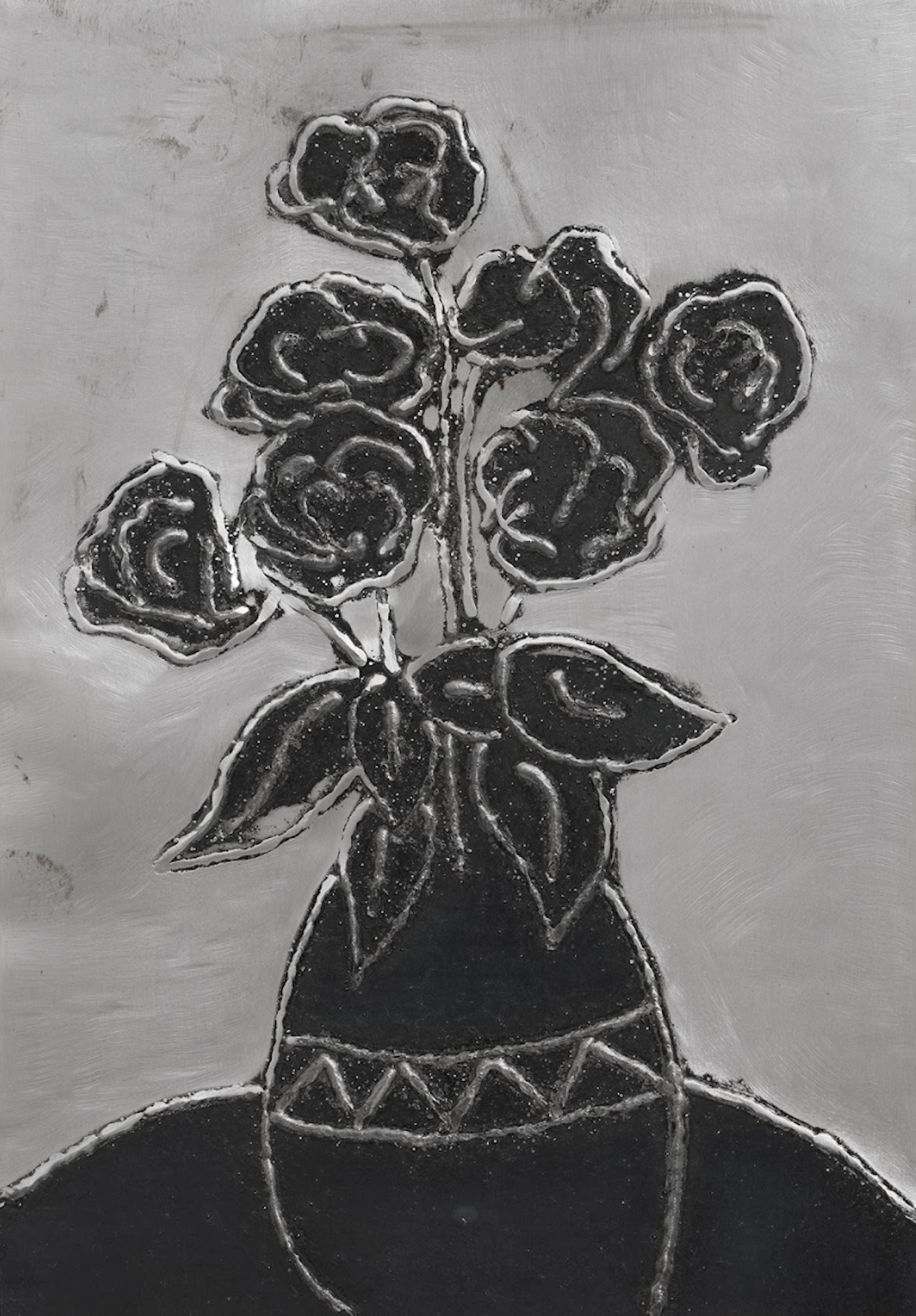
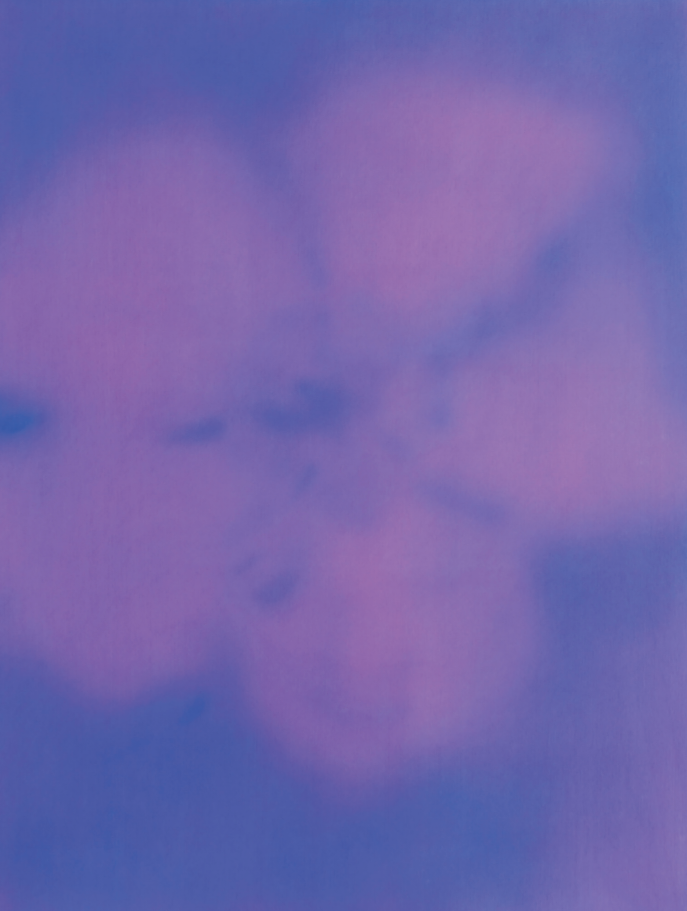
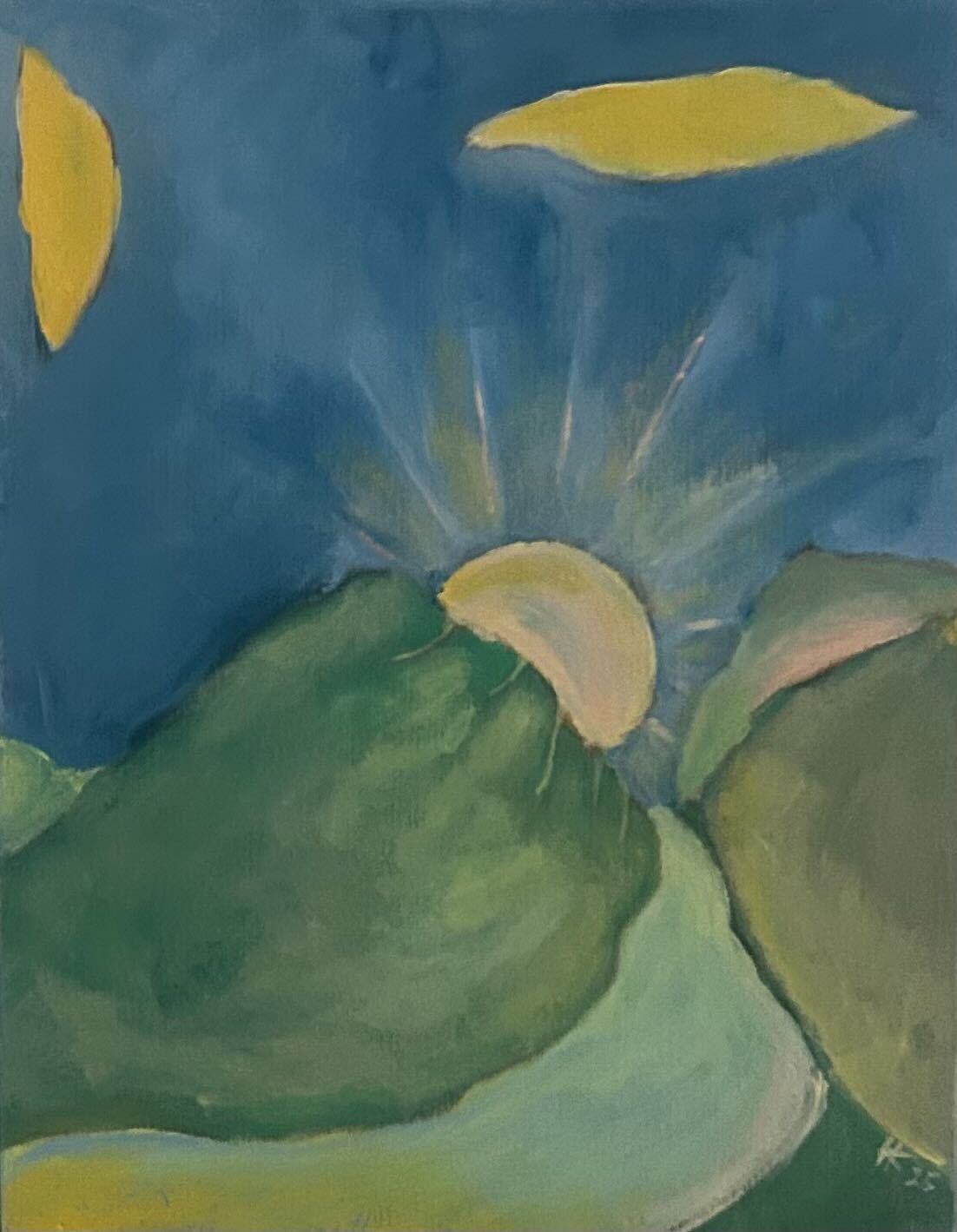
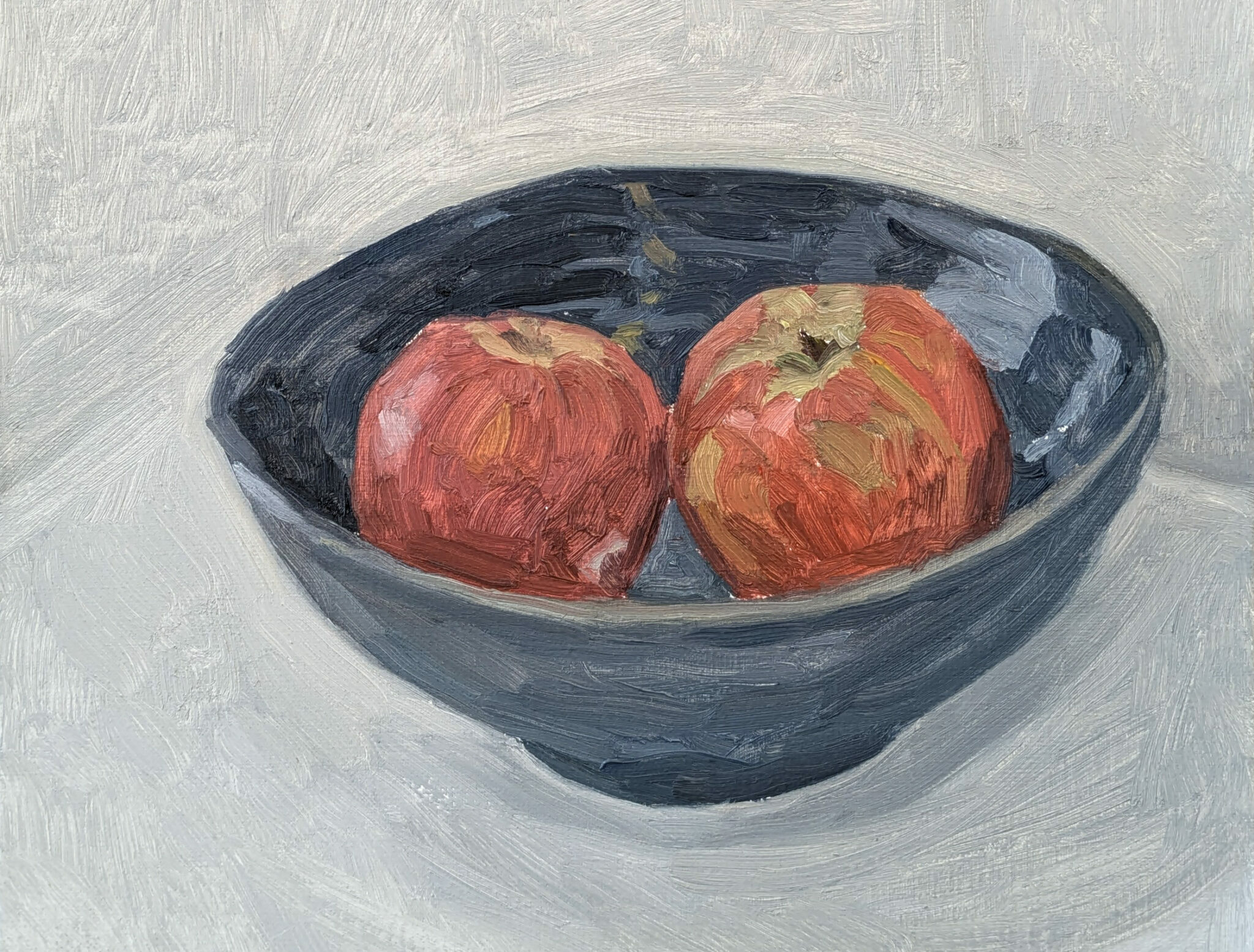







For her first solo show, Emma Passera combines and confronts the elements that make up the scenes of her daily topography, forging a nuanced view of the antagonistic notions that coexist, not without violence, in each of us.
By juxtaposing pieces of glass, worked metal and shards of broken mirror, the artist sketches a complex, sensitive interplay of light and transparency that envelops salvaged artifacts in both softness and preciousness, ultimately sending us back to alteration and rejection. Underpinned by an obvious impulse to repair, the works in the "Unfold Anemia" exhibition fundamentally reflect an internal conflict between existence and extinction.
Emma Passera examines her body in a post-traumatic temporality, enabling a semantic and transversal exploration of its conditioning, while prompting a contemplation of the aesthetic archetypes that govern it.
For "U cannot kill the poet, 2022", the artist takes a pair of Pole Dance heels and propels them onto a glass ceiling, provoking its breaking point. The chronology of a violent event seems to be suspended, leaving the ether body blocked, warned not to act at the risk of toppling into nothingness.
To understand Emma Passera's practice, we must embrace the unspeakable and the invisible. In this installation, the artist arranges for us the possibility of a passage into a metaphysical dimension. The space that remains between the glass plates creates an extension of the material, creating a dialogue between the gaps.
The bewitching trickle of light emanating from this island contrasts with its sharp edges. Emma Passera engages in the "practice of opposites", encouraging us to contemplate the beauty contained in danger and the strength in instability. The dichotomy finally sketches out a more general reflection on the anchoring points of resilience.
It is precisely with resilience that, following a period of consecutive anemias caused by endometriosis, the artist created a series of large-scale bas-reliefs entitled "Unfold Anemia", which also lends its name to this exhibition. Inspired by processes of metamorphosis, Emma Passera's pieces recall the decay of the body through the decay of metal.
In the light of a prematurely interrupted genealogy, each bas-relief becomes a gateway to reflection on the body's refusal to submit to the primary role assigned to it.
By inserting mirrors into her installations, either in fragments in "U always hurt the one, U love the most, 2023" or entirely in "I dissociate, 2023", Emma Passera enables the public to integrate the work through its reflection.her reflection. We are thus invited to rethink our own complicity in the perpetuation of ideologies that condition the body.
Using a singular vocabulary of object and material, based on intuition as much as intention, Emma Passera's work is laden with references to the history of art. Moving between the sentimental ready-made initiated by Elsa von Freytag-Loringhoven, through organic abstraction and a form of minimalism where transparency, monochrome and industrial materials intersect, her practice may recall the work of contemporary artist Laura Lamiel, for example.
Emma Passera tackles essential issues of identity, though never articulated other than through sculpture, on a political scale, yet always absolutely personal, like a pocket of resistance coiled at the heart of the system, more implosive than explosive.
The exhibition "Unfold Anemia" functions as a disruptive space in an environment regarded by the artist as a set of cultural assignments and determinations from which his work must free him. Through this socio-psychological incursion, the creative process becomes an act of healing, reconstruction and self-affirmation, encouraging the public to engage in individual and collective reinvention.